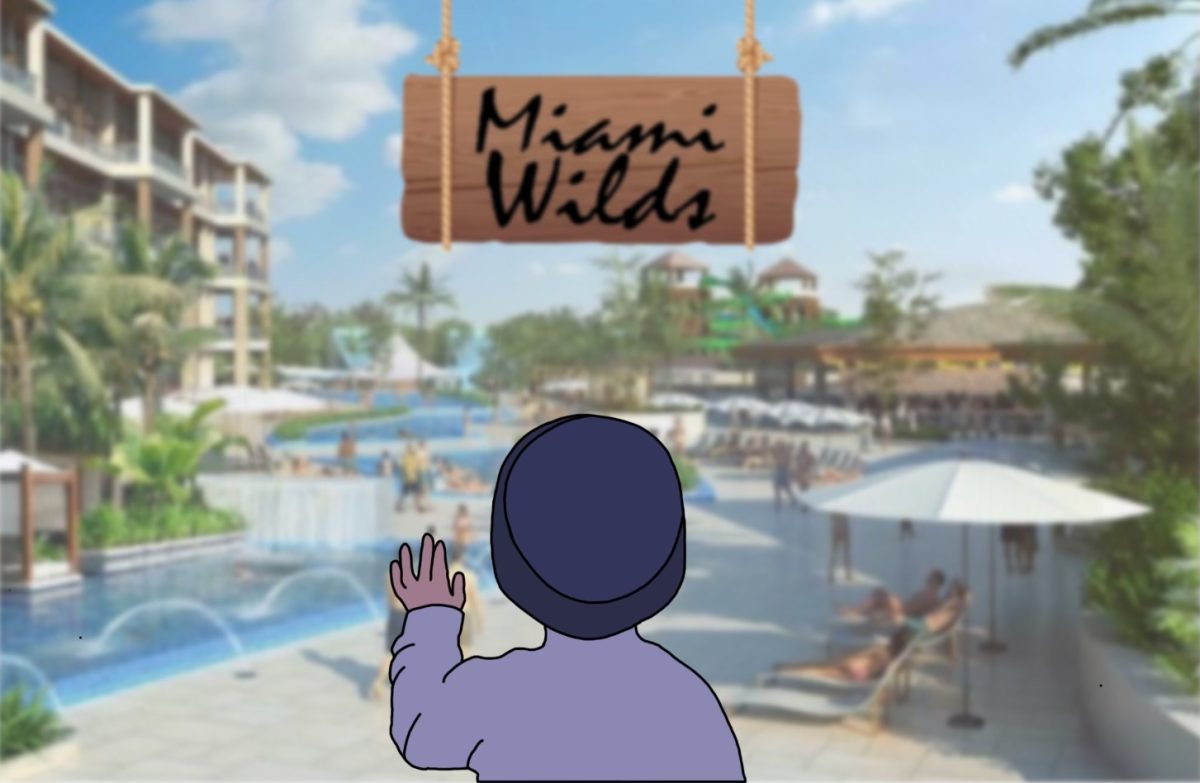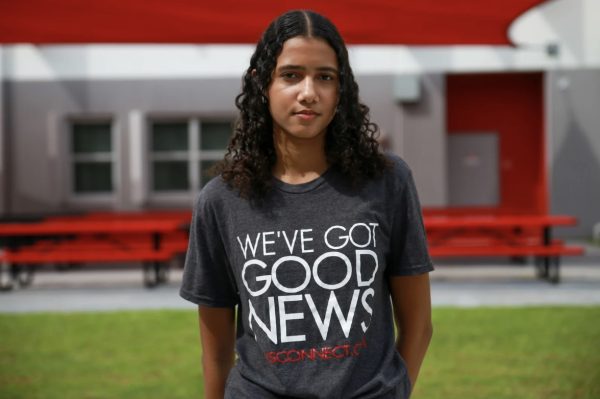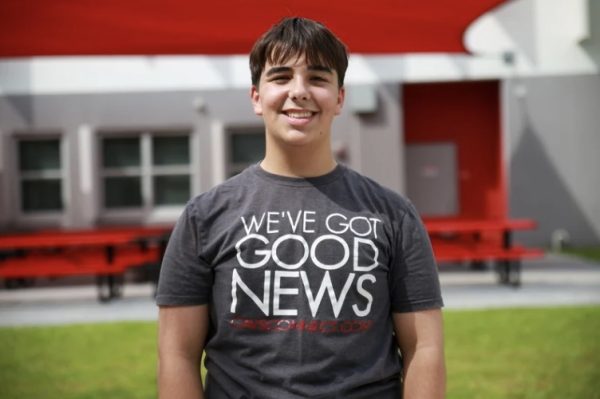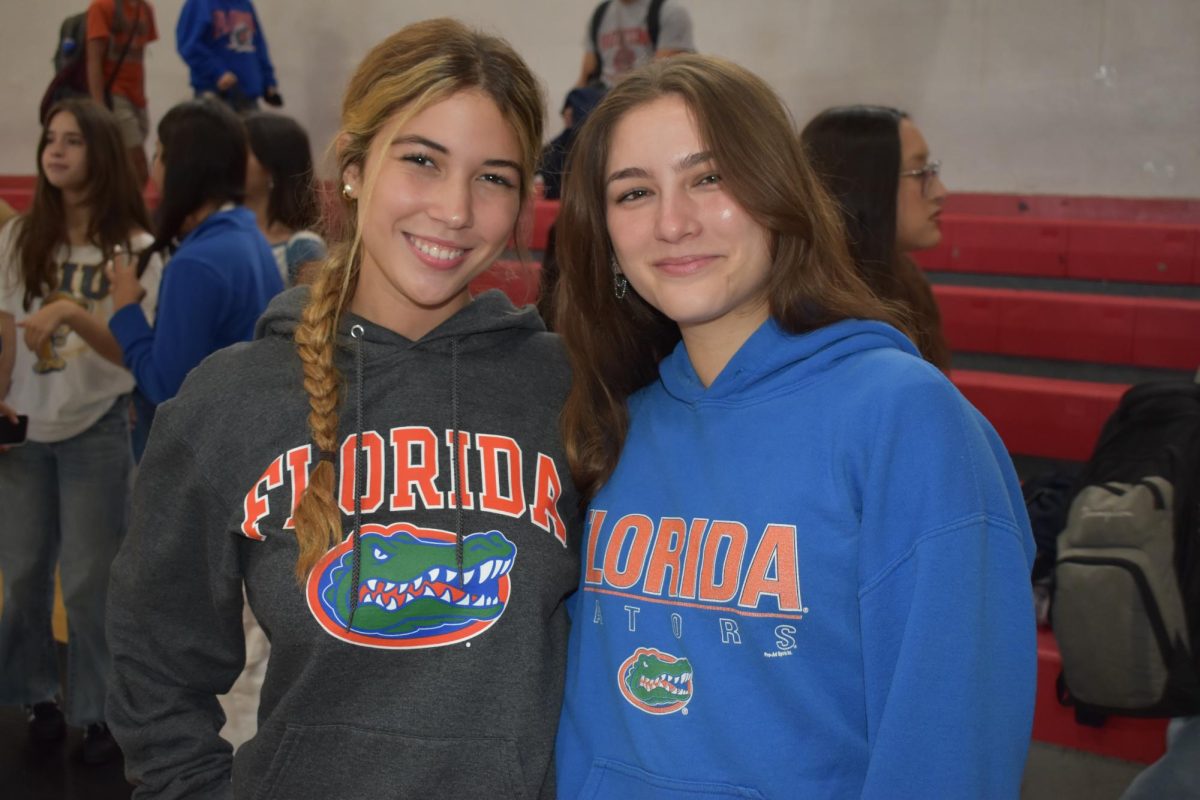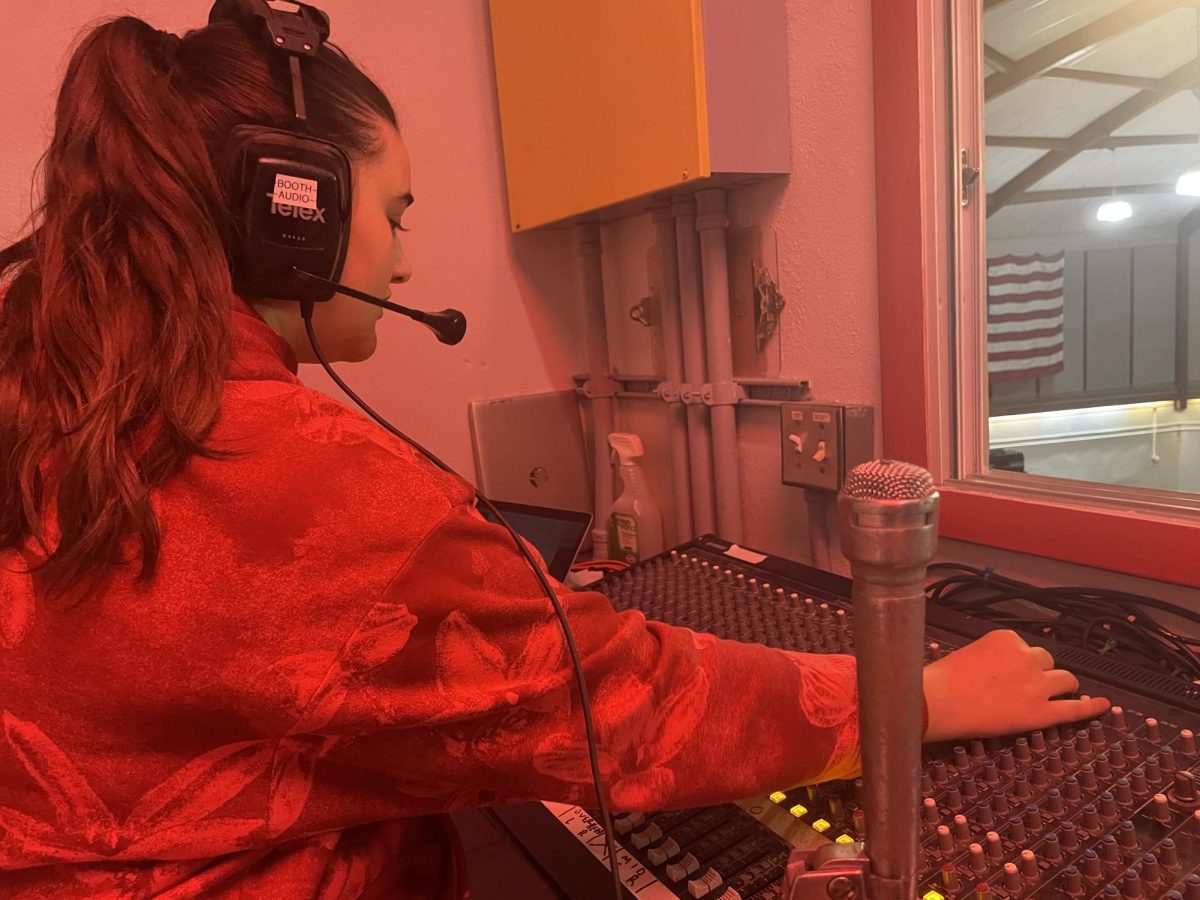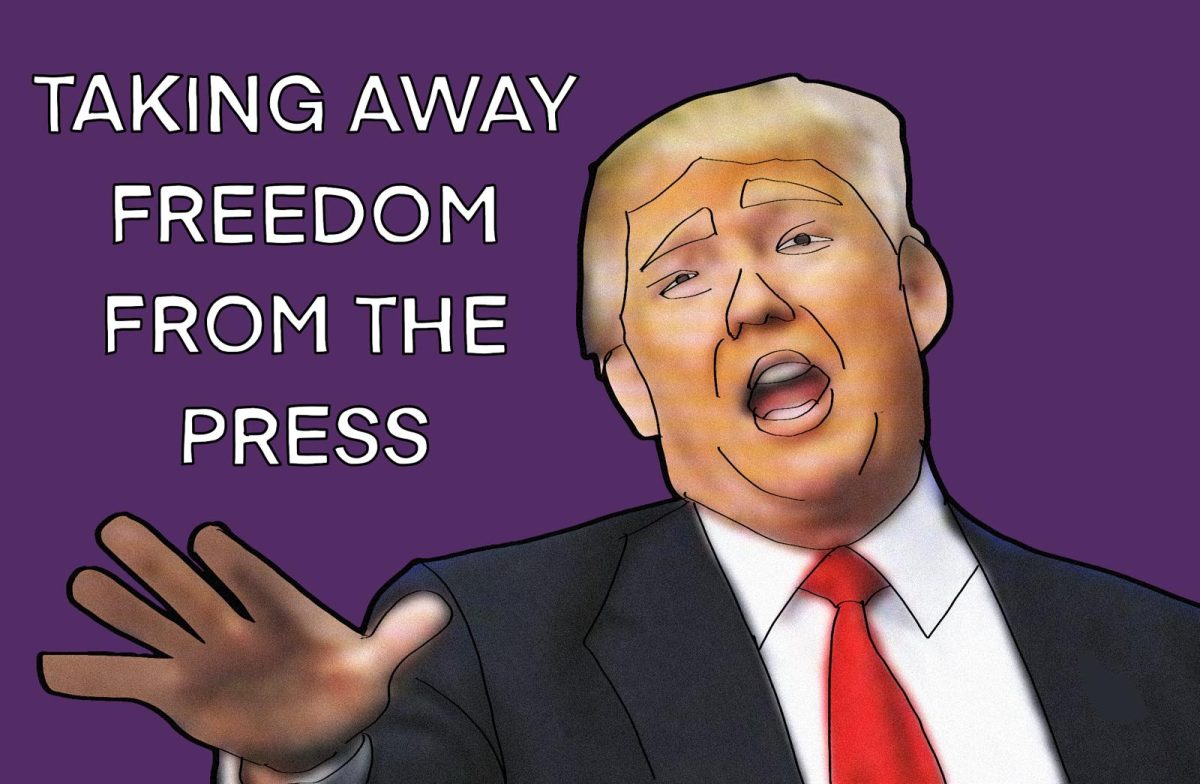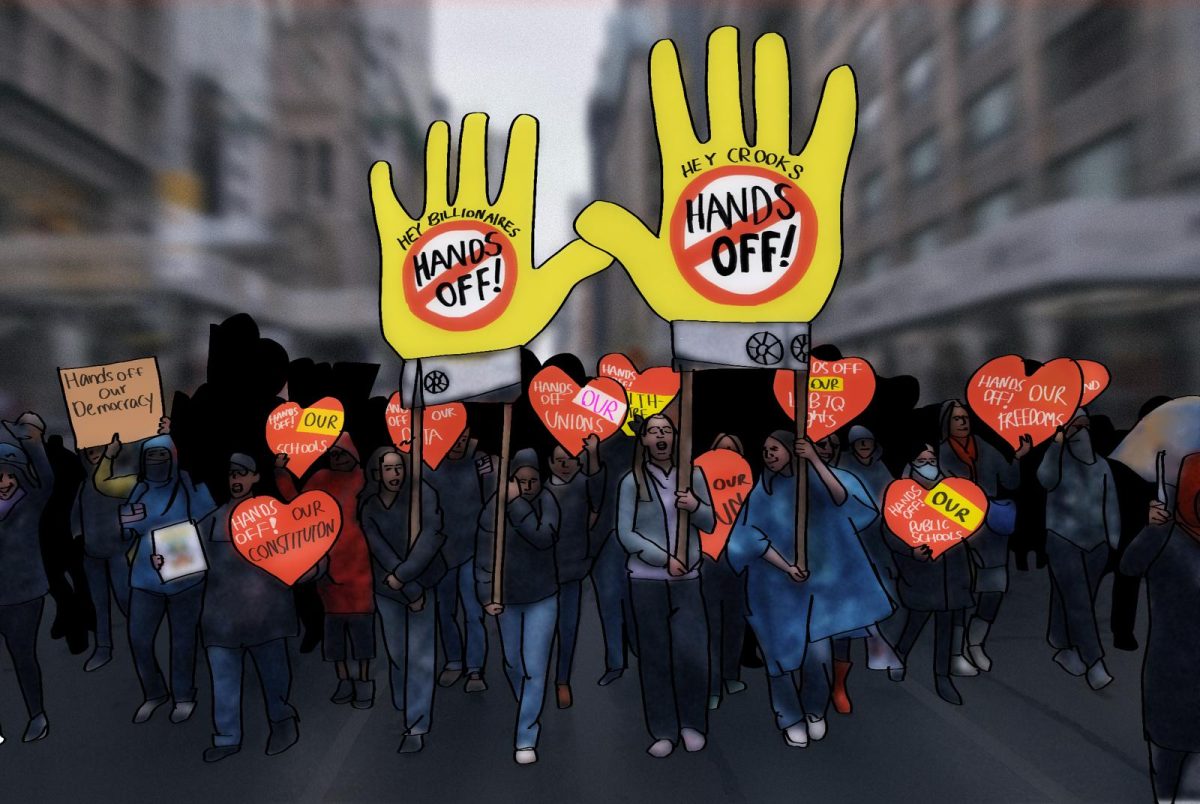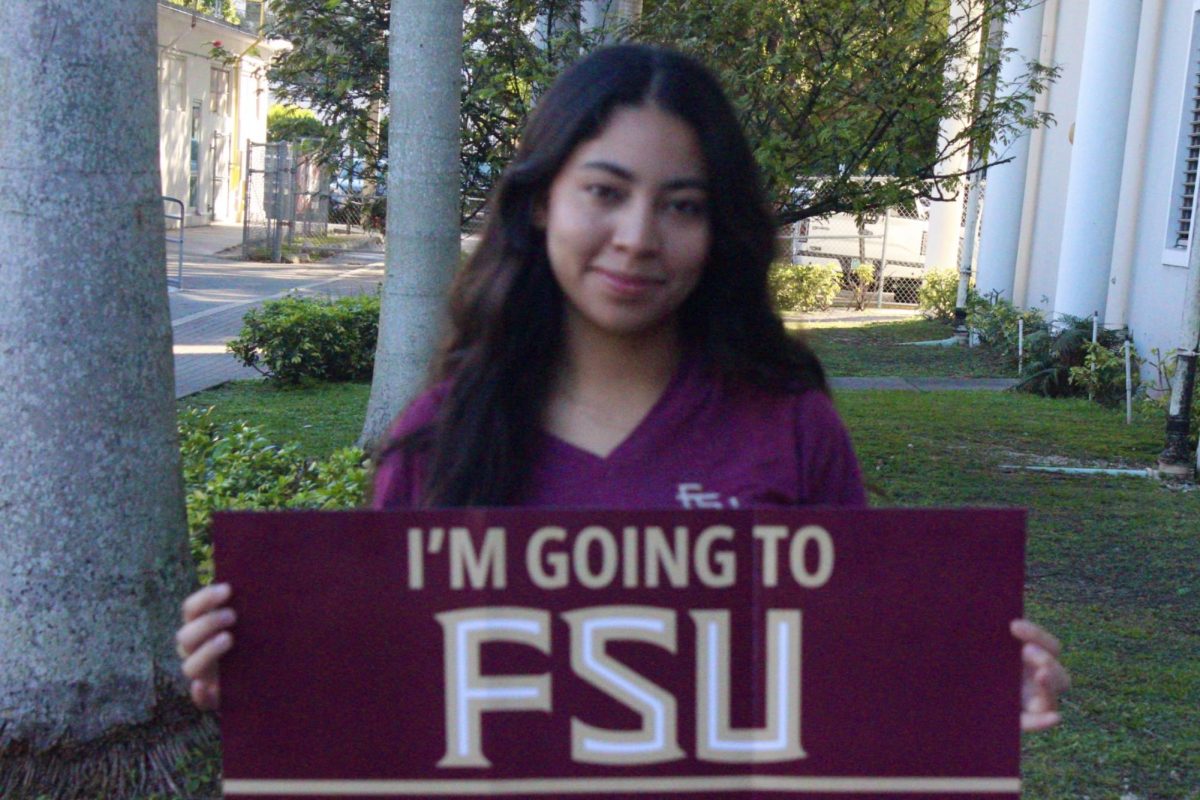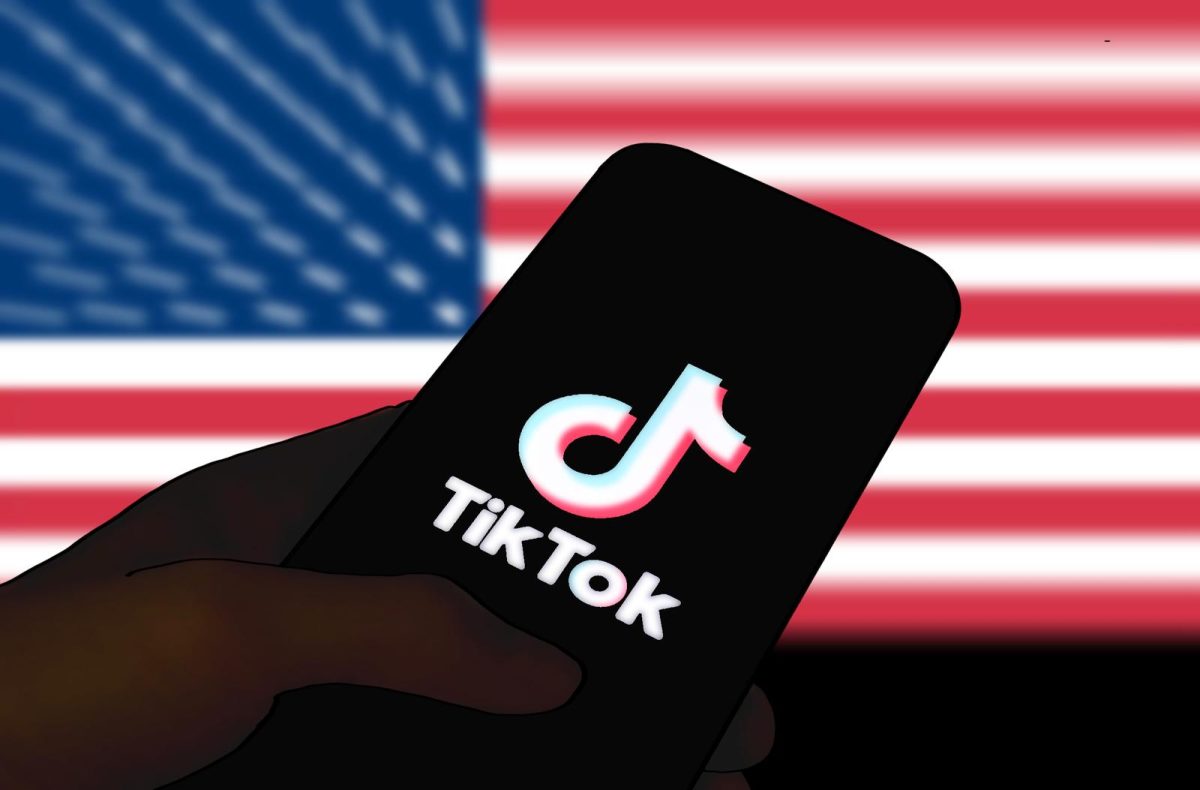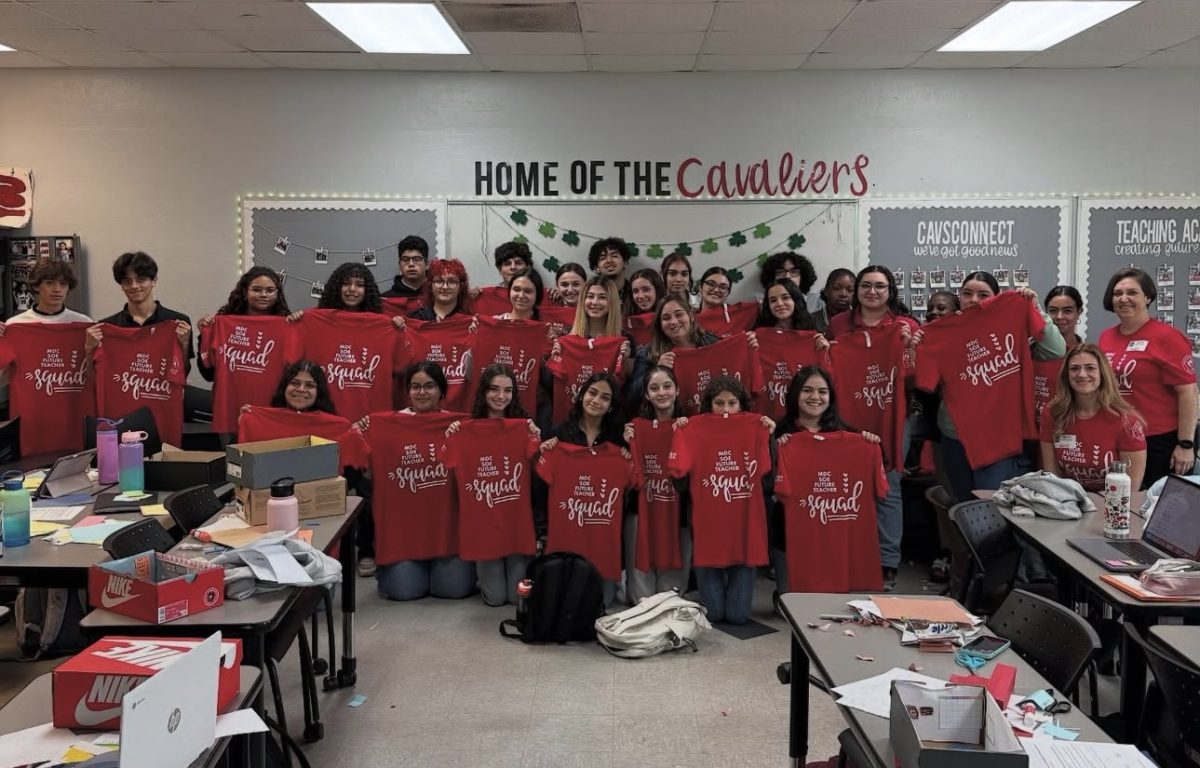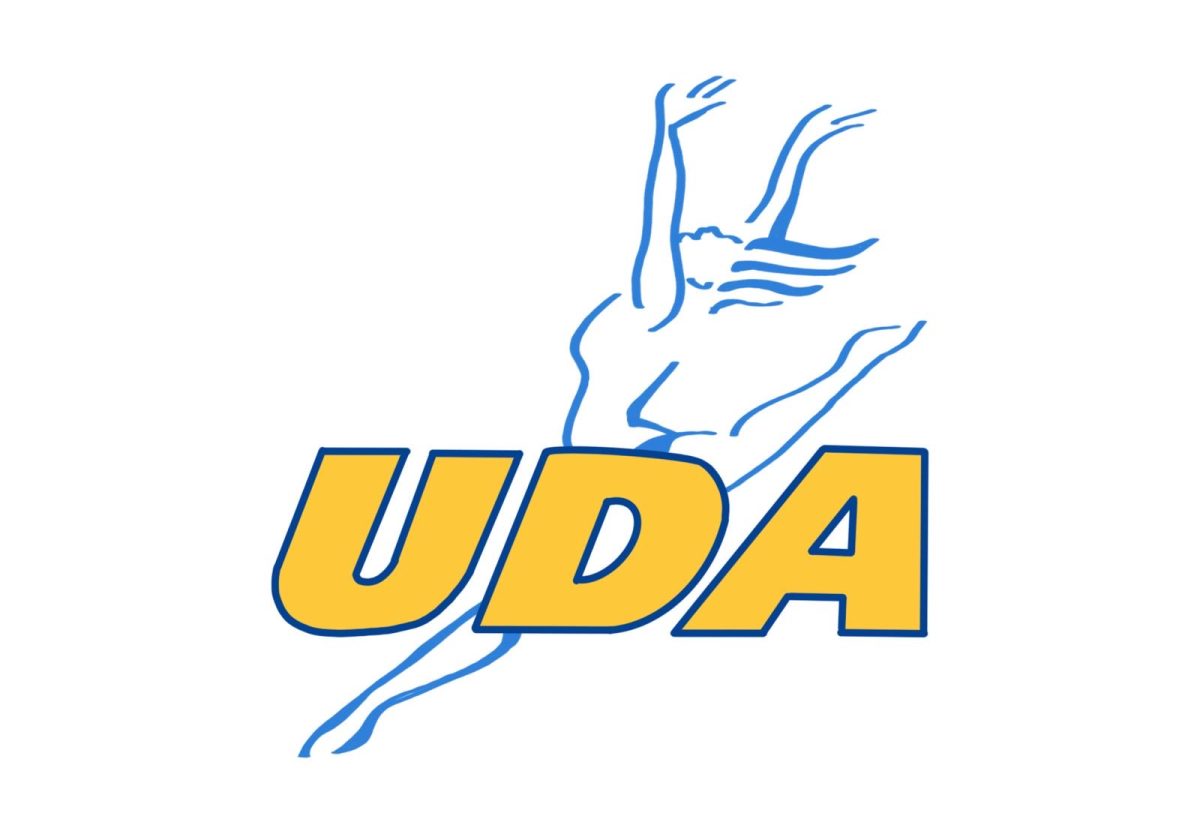Zoo Miami, the largest zoo in Florida, gifts children and families with an unforgettable experience of seeing nature from a closer perspective. Recently, a proposed development to the zoo has put the lives of the animals at risk. Throughout the past few weeks, the possibility of adding a waterpark, called Miami Wilds, to the zoo has been discussed by Miami-Dade commissioners. After almost three decades, this project has been the center of controversy among animal experts and local government officials.
Though this project was proposed in the 1990s, developers have delayed it to avoid harming the environment and animals. On Sept. 6, Miami-Dade commissioners planned on voting whether to extend the lease agreement of the development plan, allowing the addition of the waterpark and putting the animals’ lives on the line. The vote luckily got postponed, giving another day of hope to the zoo’s animals.
Nevertheless, the zoo’s Communications Director Ron Magill opposes this concept, expressing his concerns about its negative impact on endangered species. Despite the commissioner’s previous argument that it would benefit the economy of South Florida, the proposed water park itself would ruin the nature of a diverse habitat as well as worsen local resident’s attitude towards the zoo, considering that they do not get a say in the decision.
“Since I was a little kid, I’ve always enjoyed going to the zoo because I love animals. Only now I just heard about the animals that could die because of this construction. I feel like these commissioners aren’t taking into consideration how Miami residents feel. Since Miami is hot, I feel like most people would like this waterpark, but in reality, if more people find out about this construction and how it will kill certain species, they will switch opinions,” sophomore Brooke Lawson said.
Magill, however, believes that the lease should be denied, though commissioners argue it will be able to compete against Walt Disney World and the Florida Keys. This idea was initially proposed by Dennis Moss, a commissioner for the Miami Zoo, in hopes of luring tourists away from the Keys and Disney World; more visitors to the Miami Zoo could help restore and gain more popularity.
“If their goal is to get more business, it would work, however, they are not going to be able to compete with places like Disney and Rapids if they know they are risking the lives of animals to build it. If you think about it, Disney and Rapids are huge, and they gain daily income but I feel like Miami Zoo is a place that’s for us [Miami residents]. Unlike Disney and Rapids, everyone goes to those places for vacations but the Miami Zoo?” freshman Carlos Londoño said.
Although this proposal would bring beneficial effects for Miami by adding new interest and allegedly boosting the economy of South Miami-Dade, the problem continues to be the commissioners’ greater interest in money rather than the animals’ lives. Said officials would pitch in forty-seven million dollars for a project that is unclear. Since they have not considered the opinions of Miami residents, this leads to uncertainty in whether this addition will really make the estimated amount of revenue. It is undoubtedly clear that these commissioners want to make the Miami Zoo a lucrative place.
Among all the animals sheltered there, bonneted bats are a unique example of a species that could get harmed by such a major and destructive change. Across the globe, only less than 1,000 bonneted bats are left. These species have suffered the loss of habitat due to swift land development and climate change. If this project is put into action, then it might just be the end of the bonneted bats.
“Now that I have heard the news of this development plan, I think it’s a terrible idea to build the waterpark because the habitats destroyed for the construction of the park will harm the animals, later causing them to possibly extinct. Considering how I am an animal lover, I’d hate for my favorite animals to become endangered because of the construction of a waterpark,” freshman Antonella Olive said.
Currently, the zoo is home to 150 endangered species as it has one of the most biodiverse habitats in Florida, coming second to the Everglades. Because the covetous commissioners put the economy first, the home to trees, plants and animals, from newly discovered to endangered and almost extinct species, will be destroyed. The pine rocklands, the area to be destroyed to build the waterpark, will leave all these animals stranded; it is certainly not worth risking the lives of thousands of animals and their habitats for the personal gain of commissioners.
new:




